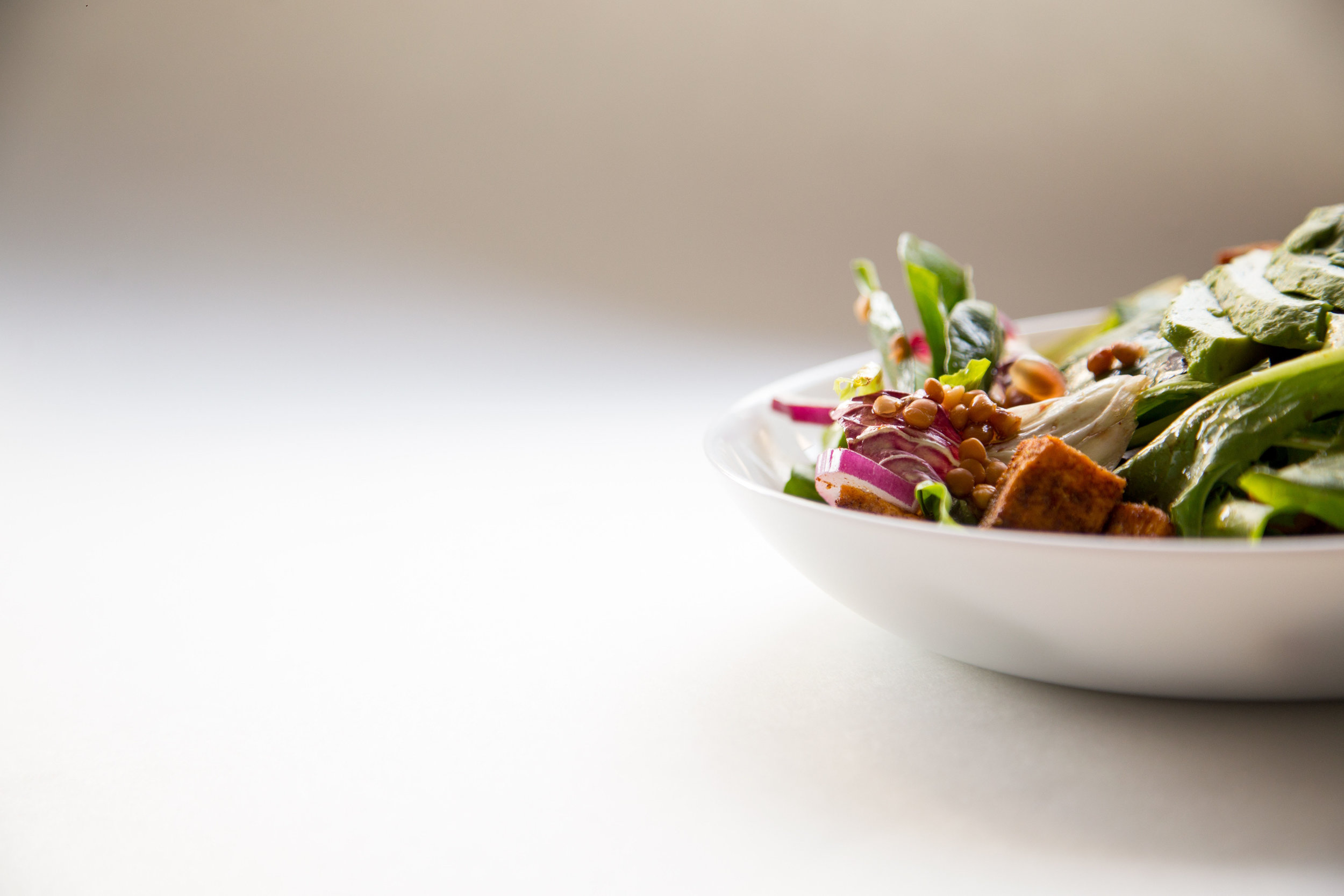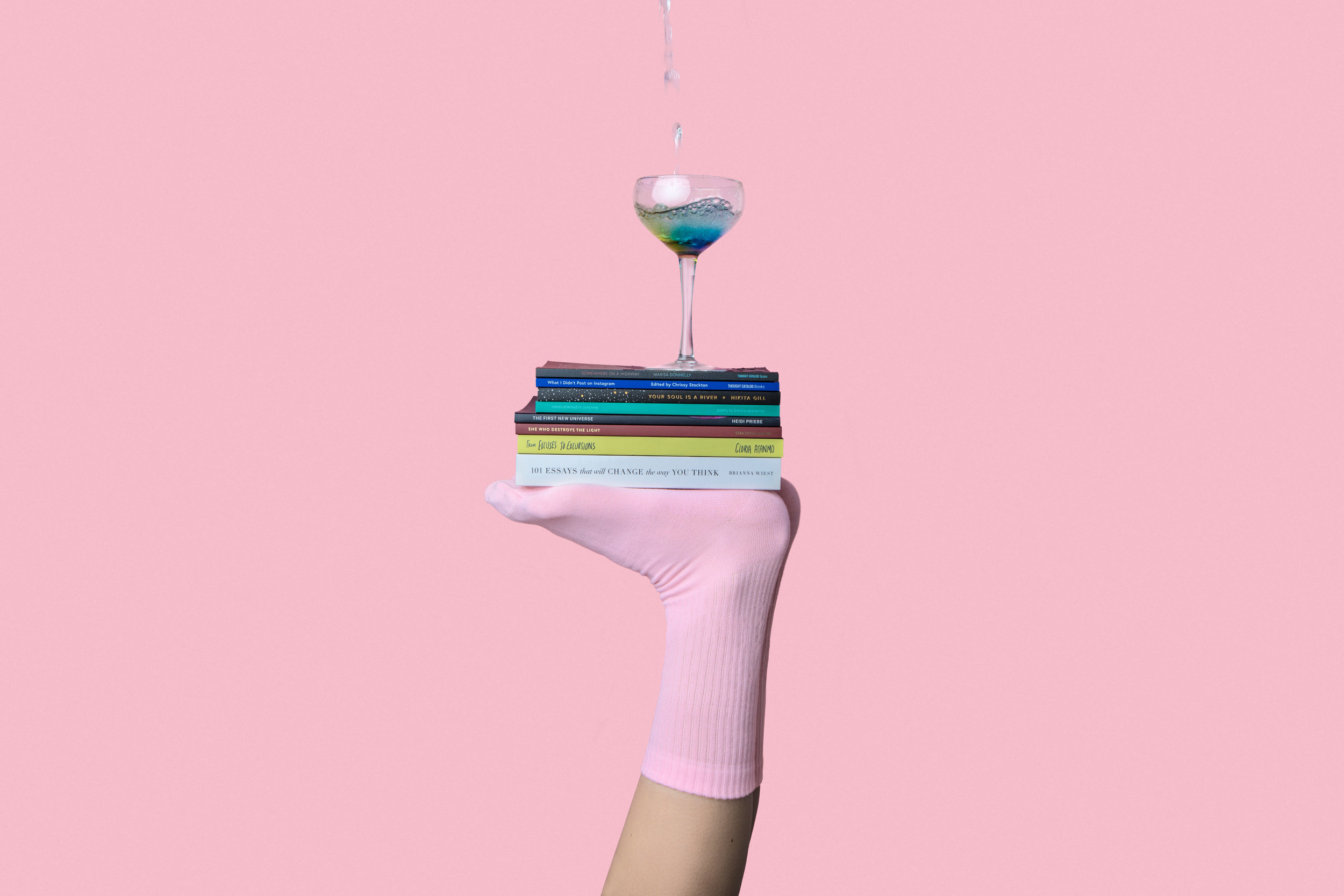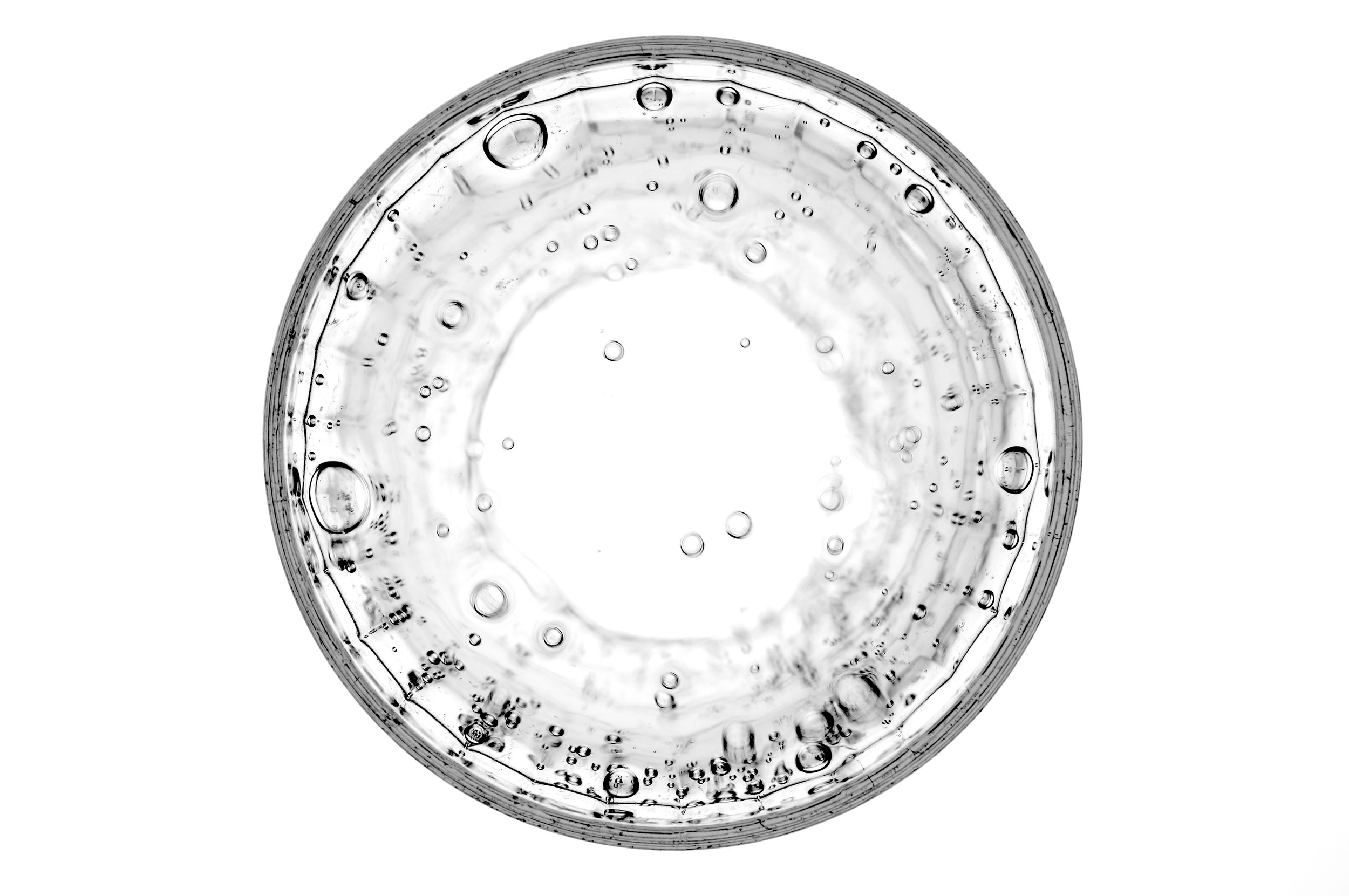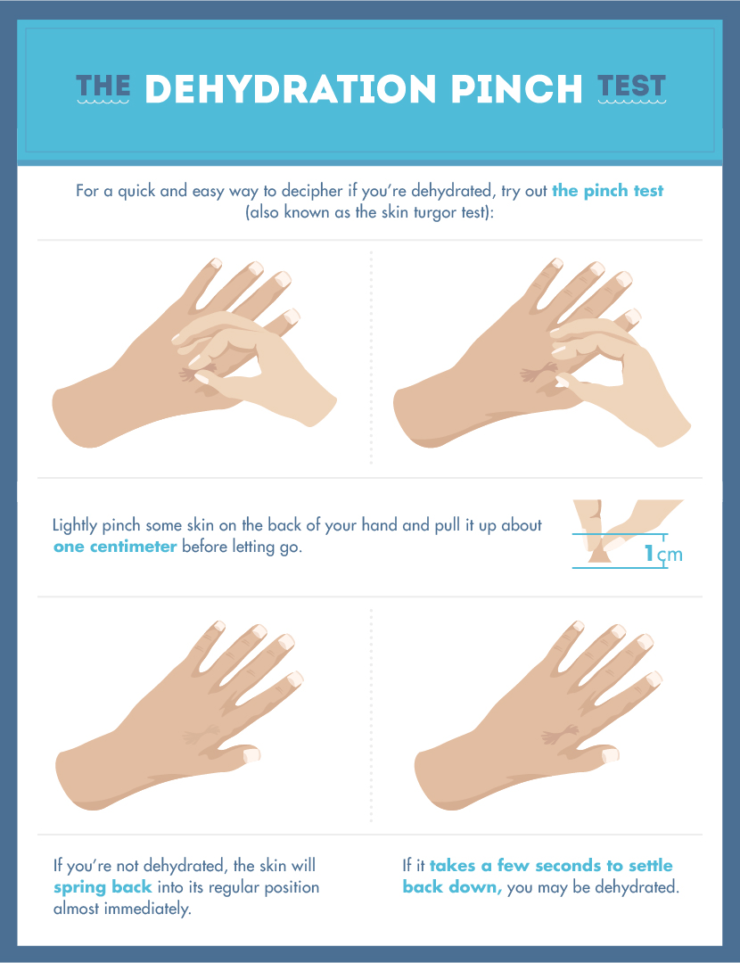Question of the week: “How do you deal with cravings?! I eat one sweet thing and then end up gorging all day!!!”
Our cravings are primarily related to blood sugar, stress, hormone imbalances, and food choices. By keeping nutrition quality high, getting adequate sleep, calming the nervous system, reducing stress, and getting in daily physical activity, you can help keep your cravings at bay.
Understand that cravings come and go and if you can accept their presence while trying to determine why they’re happening, you can change your reaction to them.
Here are a few reasons you might find yourself with a hankering for that 2pm cookie:
Low blood sugar
Consuming an imbalanced meal
Stress
Lack of sleep (less than 6 hours)
Dehydration
Hormonal changes during pre-menstrual period
Travel, especially with time-zone changes
Attempting to soothe boredom, anger, sadness, anxiety, depression, etc
Looking for a distraction
Overly focused on food and nutrition
The more honest you can be in recognizing your cravings, understanding the reasoning, and addressing them appropriately without giving in to them, the more you'll feel in charge of your own decisions.
How food choices affect blood sugar:
Don’t get me wrong, I love sweets and recommend you live a little, too. But understanding how and what affects your blood sugar can help you in making the right choice and how to prevent yourself from spiraling on the rollercoaster that can be the blood sugar response.
A diet consisting of a high intake of carbs with a minimal amount of fat and infrequent protein feedings (hello, American diet), eating carbs by themselves, or choosing high glycemic index foods (candy, sweets, bread, pasta, natural sweeteners, etc) causes frequent spikes and drops in blood sugar, which in turn, makes you crave more sugar and more carbohydrates.
STRESS AND SLEEP:
Sleep, emotions and stress all negatively affect cortisol levels (the stress hormone), blood sugar, inflammation, hunger hormones, and mood, all which lead to more sugar cravings. And reversibly, your ability to control blood sugar can also affect your sleep, mood, and stress. Welcome to the vicious cycle.
To keep your blood sugar stable throughout the night, eat a snack before bed consisting of a healthy fat and carbohydrate. This is the only time I don’t recommend protein, as the digestion of protein can interfere with sleep.
A single night of inadequate sleep can elevate blood sugar levels and when we consistently don’t get enough sleep, our body enters a state of chronic stress. Improve your overall health by creating a sleep routine that enables a consistent 7-9 hours of sleep.
Pre-Menstrual Period
While the hormonal effects during the a woman’s cycle varies from person to person, it’s not uncommon for there to be greater fluctuations during the pre-menstrual period. If you’re someone who tends to be more irritable and notices significant swings in mood, it may help to increase your exercise and decrease the amount of carbohydrates consumed during this week.
Consistent blood sugar balance is KEY:
Begin your day with a healthy breakfast consisting of at least 15-20 g of protein, a high quality fat (like avocado, grass fed butter, or a straight tablespoon of coconut oil), greens, and a low glycemic carbohydrate (brown rice, quinoa, sweet potato, or seasonal fruit).
Ex: 2-3 eggs (12-18g protein), arugula, ½ an avocado, ½ c brown rice, lemon, olive oil, salt, tablespoon of pesto
Eat at consistent intervals throughout the day, feeding yourself every 3-4 hours. Lunch and dinner should consist of a fish or animal protein (the size of 1-2 palms), 2 fists of vegetables, 2 thumbs of healthy fats, and an optional 1 cupped handful of whole grains.
Snacks in between meals can consist of seasonal fruit or vegetables and a smaller amount of protein such as a serving of nuts or a serving of greek yogurt.
6 TIPS FOR STABLE BLOOD SUGAR
Eat at consistent intervals throughout the day, feeding yourself every 3-4 hours.
Always eat a balance of protein, fat, and carbs and try to avoid eating carbs by themselves. If you can’t find all three macronutrients, choose at least 2 of the 3.
- Lunch and dinner should consist of a fish or animal protein (the size of 1-2 palms), 1-2 fists of vegetables, 1-2 thumbs of healthy fats, and 1 cupped handful of whole grains.
- Snacks in between meals can consist of seasonal fruit or vegetables and a smaller amount of protein such as a serving of nuts or a serving of greek yogurt.
- Eat a snack before bed consisting of a healthy fat and carbohydrate.
Get adequate sleep (7-9 hours) for more stabilized blood sugar, more energy, less hunger, better decisions, and a happier mood.
Take frequent “breath-breaks” throughout your day (10 focused breaths of a 5-count inhale and 5-count exhale) to calm the nervous system and lower stress hormones.
Adaptogens can help regulate the hormonal imbalance in the body. Use this guide to help you in determining what your body might benefit from.
If you’re a female, increase your exercise and decrease the amount of carbohydrates consumed during your premenstrual week.
5 Tips for KICKING CRAVINGS when they arise:
Keep healthy food choices on hand always, not only for balancing blood sugar quickly, but also healthier options for when you still need to satisfy that craving for something sweet - keep these in your bag, in your car, in your desk drawer, etc:
- avocados, olives, nuts, seeds
- chia seed pudding (3 tbsp chia seeds, 8 oz almond milk, vanilla, cinnamon
- fresh pressed green juice with half an apple and half a lemon
- apples, berries
- seasonal fruit
Drink a full glass of water
Take a “breath-break” of 10 deep breaths (5 count inhale, 5 count exhale) and check back in
Chew a piece of gum
Eat a protein/fat combo or a serving of almonds (17) and then check in with your craving 10 minutes later.
MINDFULNESS:
When you first begin thinking about your craving, ask yourself if anything was missing from your last meal. Did it contain enough protein and fat to keep your blood sugar stable? Are you actually hungry? Is what you’re about to eat what your body actually needs in that moment? Eat it if you know it will bring you true joy and isn’t an attempt at filling a void, calming your stress, or your body’s cry to boost your energy levels. If you do eat it, balance it, savor every bite, relax, and move on.
If you find that you still can’t kick your cravings after following this advice, you may want to consider getting your hormones checked.
Let’s Chat!
Do you have a question regarding blood sugar, nutrition choices, and your fitness goals? Do you have any words of advice for others trying to navigate creating a healthy lifestyle? Ask or share below or start the conversation on social using #runningwithforks.




















